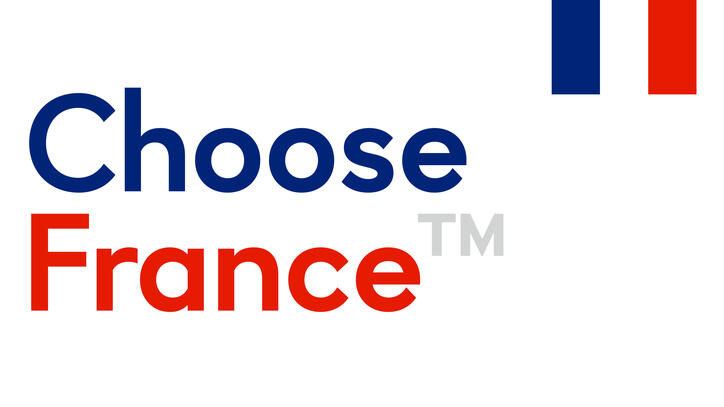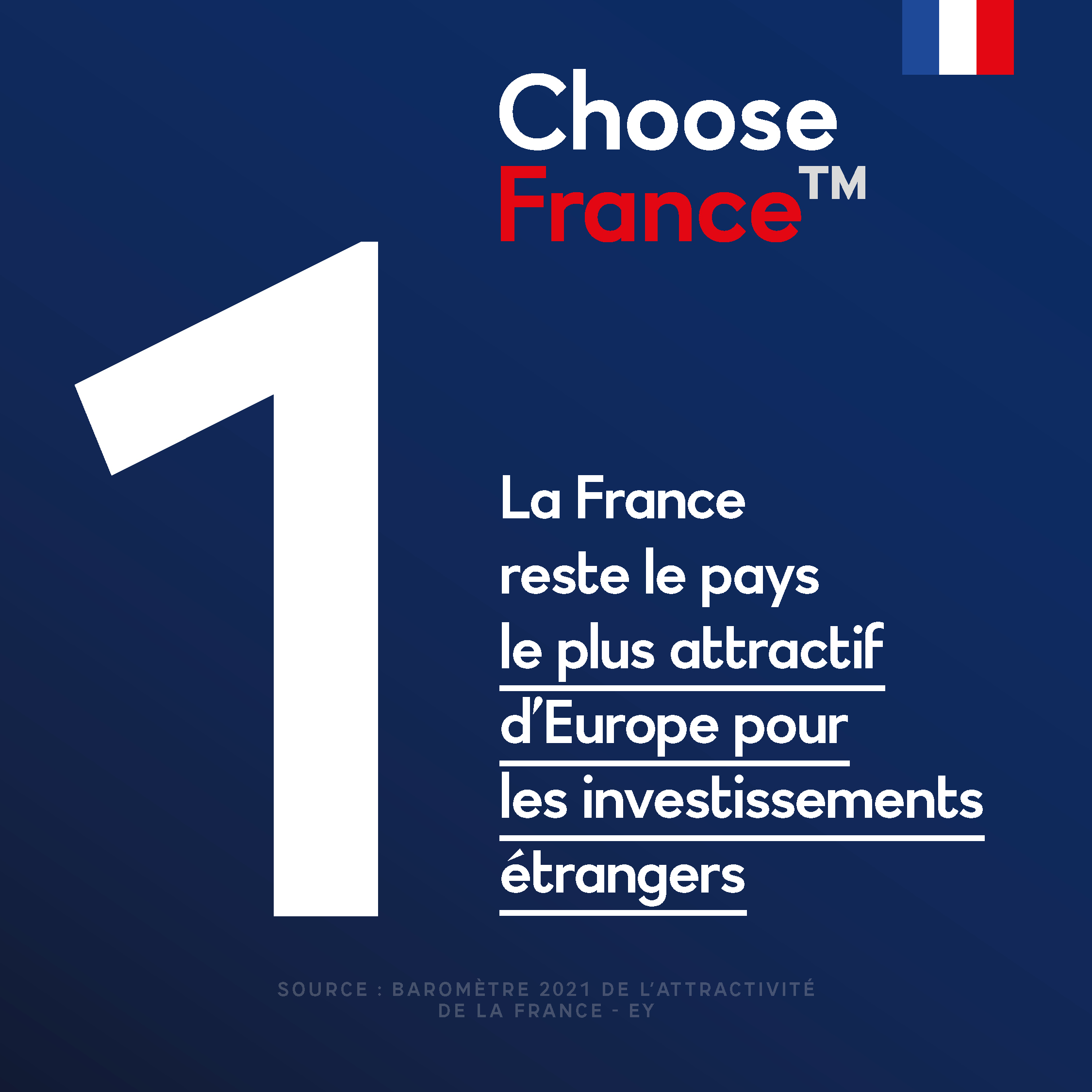 Notícias
Notícias 
International investments: France remains the most attractive country in Europe
For the second consecutive year, the 2021 Barometer of France’s attractiveness published on 7 June by the firm Ernst & Young (EY) once again puts France at the first rank in Europe for international investment intake. This good result is an illustration of the “solidity of the French economy”, according to the Government, pleased with this success with investors.
For the second consecutive year, the 2021 Barometer of France’s attractiveness published on 7 June by the firm Ernst & Young (EY) once again puts France at the 1st rank in Europe for international investment intake. This good result is an illustration of the “solidity of the French economy”, according to the Government, pleased with this success with investors.
In a context of an “economic recovery despite a health crisis with unclear horizons”, EY published “a reading of France’s attractiveness”. Several criteria define this attractiveness, but international investments are “one of the key factors for creating the conditions for a sustainable economic recovery”.

Nearly 1,000 investment projects
Over the course of the year 2020, France kept its top position in Europe, ahead of the United Kingdom and Germany. With 985 announced investment projects, it remains in pole position ahead of the UK (975 projects) and Germany (930 projects). According to the French government’s information website, which details these projects, this number of projects places France in 1st place in a large number of categories:
- industrial installations, with 341 manufacturing and industrial projects;
- the installation of Research and Development centres, with 115 new investments in 2020;
- jobs creation, with 30,558 new jobs in 2020, which is an increase of 21.6% since 2017.
France also excels in other sectors, such as projects in the finance industry, which registered a 23% increase in 2020. These projects were driven by the Brexit, and now place Paris “at the top rank of the list of European financial centres”. In another industry, 58% of managers believe that France can become a “world leader” in terms of ecology within five years. Similarly, according to EY, the health industries have logically benefited from the health crisis (58 projects, i.e. +123%).
The effects of the France Relance Plan
If these good results show the “good health” of the French economy, this would also be “reinforced by the reforms carried out by the Government over the last four years”. Apart from the measures already taken, such as the reduction in corporate tax or the perpetuation of the research tax credit, it is above all the effects of the France Relance Plan that are highlighted here.
An exceptional emergency plan was indeed implemented by the State, at the peak of the health crisis, “to support companies and preserve the fundamentals of the French economy, employment and skills”. EY declared that the emergency measures during the crisis added to the recovery plan were felt by 44% of managers as “more effective than in competitor countries” (10% stated the opposite opinion and 44% consider it as much effective). It seems that the plan has boosted investor confidence: 43% of international executives believe that France’s attractiveness has improved slightly and 42% believe that it has stabilised in 2020.
Confidence in the future
The EY Attractiveness Barometer also looks at the horizon, emphasising that “there is confidence in France’s attractiveness”. Two figures support this confidence: 55% of investors surveyed want to relocate their activity to France, and 74% believe that France’s attractiveness will improve by 2025, which is a level of confidence in France higher than the level recorded at European level (62%).
Nevertheless, according to business leaders surveyed, “France will have to face short, medium and long term priorities if the country wants to maintain its rank in terms of attractiveness”.
A dual methodology
For this study, EY led two online surveys in some 30 countries, one for 200 foreign-owned business leaders conducted in March, and another for 550 other directors conducted in the March-April period. For both surveys, the sample structure was representative of international investments in terms of geographical origin, sector of activity and company size. In addition to these two waves of research, EY also conducted a survey about international implementation in France and Europe.
To know more:
- Presentation of the survey on the information website from the government





Comentários
Você precisa estar logado para deixar um comentário. Connectez-vous.